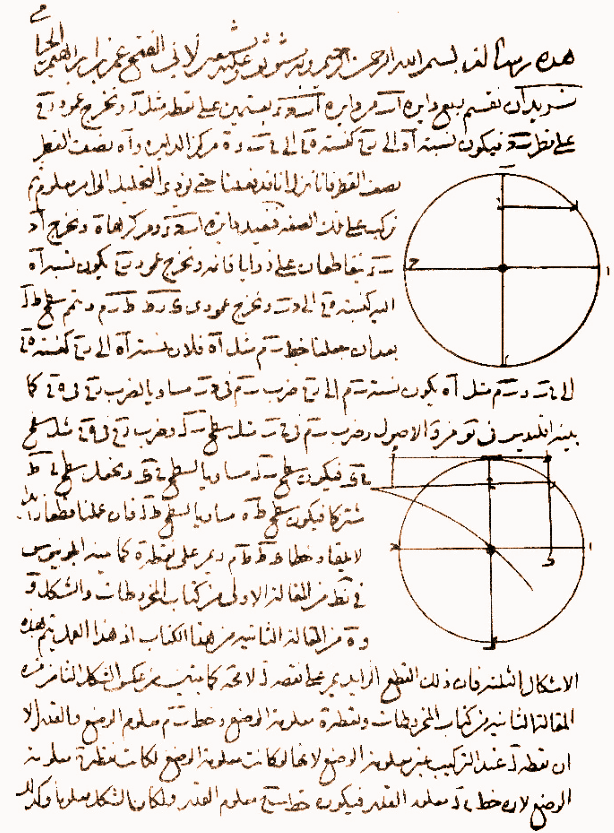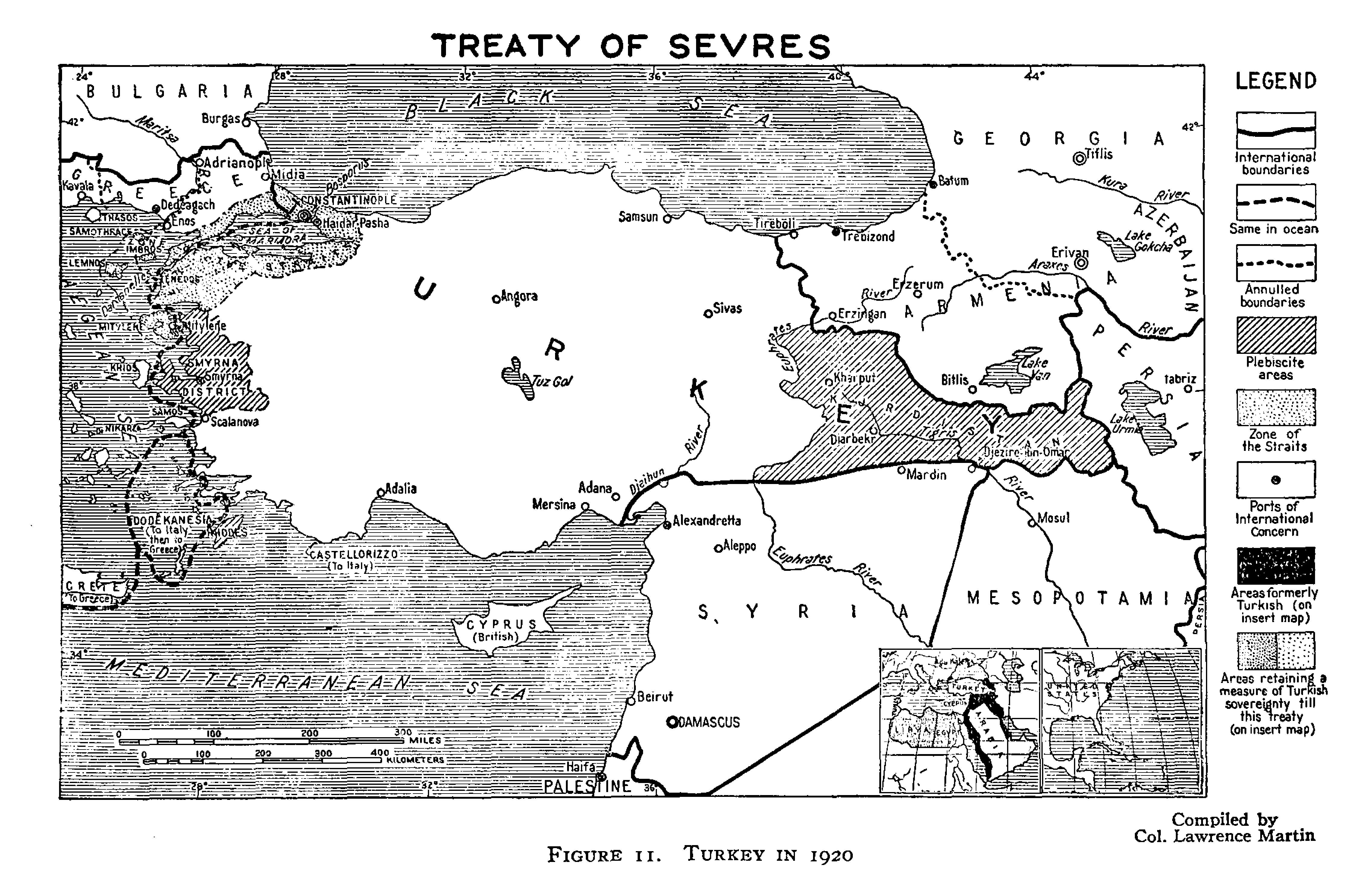|
Muhamad Salih Dilan
Muhamad Salih Dilan () is regarded as one of the most influential Kurdish Poets and one of the greatest maqam singers of his time. He was one of the few early poets that brought a revolution in Kurdish poetry and literature in the 20th century. Biography Dilan was born in Goizha, a neighborhood in Slemani. His family's origins were from Qala Chuwalan, along with the Kurdish Principality of Baban, they settled in Sulaimaniyah in 1784. His father, Ahmed Dilan was a poetry enthusiast and a maqam specialist, apart from Kurdish he was fluent in Persian and Arabic, he played a key role in his son's love for poetry and maqam. Dilan went to Xalidiye Primary School, before completing secondary school, his father became ill; family responsibilities fell on his shoulder and he had no choice but to leave school and work. He was offered a job at the local tobacco company as a Clerk. The poet The first poem Dilan wrote was in 1948, at a festival, he recited the poem to the famous Kurdish n ... [...More Info...] [...Related Items...] OR: [Wikipedia] [Google] [Baidu] |
Sulaymaniyah
Sulaymaniyah or Slemani (; ), is a city in the east of the Kurdistan Region of Iraq and is the capital of the Sulaymaniyah Governorate. It is surrounded by the Azmar (Ezmer), Goizha (Goyje) and Qaiwan (Qeywan) Mountains in the northeast, Baranan Mountain in the south and the Tasluja Hills in the west. The city has a semi-arid climate with very hot dry summers and cold wet winters. The modern city of Slemani was founded in 1784 by the Ottoman-Kurdish prince Ibrahim Pasha Baban in Collaboration with Azim Beg and Haji Aziz Bey Aghal Dwanze Swarey Meriwane Jawamer Agha Rangena, who named it after his father Sulayman Pasha. Slemani was the capital of the historic Kurdish principality of Baban from 1784 to 1850. History The region of Slemani was known as '' Zamwa'' prior to the foundation of the modern city in 1784. The capital of the Kurdish Baban principality (1649–1850), before Slemani, was a territory named "Qelaçiwalan". At the time of the Babani's rule there were ma ... [...More Info...] [...Related Items...] OR: [Wikipedia] [Google] [Baidu] |
Omar Kayyam
Ghiyāth al-Dīn Abū al-Fatḥ ʿUmar ibn Ibrāhīm Nīshābūrī (18 May 1048 – 4 December 1131) (Persian: غیاث الدین ابوالفتح عمر بن ابراهیم خیام نیشابورﻯ), commonly known as Omar Khayyam (), was a Persian poet and polymath, known for his contributions to mathematics, astronomy, philosophy, and Persian literature. He was born in Nishapur, Iran and lived during the Seljuk era, around the time of the First Crusade. As a mathematician, he is most notable for his work on the classification and solution of cubic equations, where he provided a geometric formulation based on the intersection of conics. He also contributed to a deeper understanding of Euclid's parallel axiom. As an astronomer, he calculated the duration of the solar year with remarkable precision and accuracy, and designed the Jalali calendar, a solar calendar with a very precise 33-year intercalation cycle which provided the basis for the Persian calendar that is still ... [...More Info...] [...Related Items...] OR: [Wikipedia] [Google] [Baidu] |
1927 Births
Events January * January 1 – The British Broadcasting ''Company'' becomes the BBC, British Broadcasting ''Corporation'', when its Royal Charter of incorporation takes effect. John Reith, 1st Baron Reith, John Reith becomes the first Director-General. * January 7 ** The first transatlantic telephone call is made ''via radio'' from New York City, United States, to London, United Kingdom. ** The Harlem Globetrotters exhibition basketball team play their first ever road game in Hinckley, Illinois. * January 9 – The Laurier Palace Theatre fire at a movie theatre in Montreal, Quebec, Canada, kills 78 children. * January 10 – Fritz Lang's futuristic film ''Metropolis (1927 film), Metropolis'' is released in Germany. * January 11 – Louis B. Mayer, head of film studio Metro-Goldwyn-Mayer (MGM), announces the creation of the Academy of Motion Picture Arts and Sciences, at a banquet in Los Angeles, California. * January 24 – U.S. Marines United States occ ... [...More Info...] [...Related Items...] OR: [Wikipedia] [Google] [Baidu] |
Iraqi Kurdish People
Iraqi or Iraqis (in plural) means from Iraq, a country in the Middle East, and may refer to: * Iraqi people or Iraqis, people from Iraq or of Iraqi descent * A citizen of Iraq, see demographics of Iraq * Iraqi or Araghi (), someone or something of, from, or related to Persian Iraq, an old name for a region in Central Iran * Iraqi Arabic, the colloquial form of Arabic spoken in Iraq * Iraqi cuisine * Iraqi culture *The Iraqis (party), a political party in Iraq *Iraqi List, a political party in Iraq *Fakhr-al-Din Iraqi, 13th-century Persian poet and Sufi. See also * List of Iraqis * Iraqi diaspora * Languages of Iraq There are a number of languages spoken in Iraq, but the lingua franca; Mesopotamian Arabic (also known as Iraqi Arabic) is by far the most widely spoken in the country. Contemporary language The most widely spoken language in Iraq is the Arabi ... * {{disambiguation Language and nationality disambiguation pages ... [...More Info...] [...Related Items...] OR: [Wikipedia] [Google] [Baidu] |
Kurdish Music
Kurdish music (, or ''مۆسیقای کوردی'') refers to music performed in the Kurdish languages and Zaza-Gorani languages. The earliest study of Kurdish music was initiated by the renowned Armenian priest and composer Komitas in 1903, when he published his work ''" Chansons kurdes transcrites par le pere Komitas"'' which consisted of twelve Kurdish melodies which he had collected. The Armenian Karapetê Xaço also preserved many traditional Kurdish melodies throughout the 20th century by recording and performing them. In 1909, Scholar Isya Joseph published the work "''Yezidi works''" in which he documented the musical practice of the Yazidis including the role of the musician-like qewal figures and the instruments used by the minority. Kurdish music appeared in phonographs in the late 1920s, when music companies in Baghdad began recording songs performed by Kurdish artists. Despite being secondary to vocals, Kurds use many instruments in traditional music. Musical i ... [...More Info...] [...Related Items...] OR: [Wikipedia] [Google] [Baidu] |
Plato
Plato ( ; Greek language, Greek: , ; born BC, died 348/347 BC) was an ancient Greek philosopher of the Classical Greece, Classical period who is considered a foundational thinker in Western philosophy and an innovator of the written dialogue and dialectic forms. He influenced all the major areas of theoretical philosophy and practical philosophy, and was the founder of the Platonic Academy, a philosophical school in History of Athens, Athens where Plato taught the doctrines that would later become known as Platonism. Plato's most famous contribution is the theory of forms, theory of forms (or ideas), which aims to solve what is now known as the problem of universals. He was influenced by the pre-Socratic thinkers Pythagoras, Heraclitus, and Parmenides, although much of what is known about them is derived from Plato himself. Along with his teacher Socrates, and his student Aristotle, Plato is a central figure in the history of Western philosophy. Plato's complete ... [...More Info...] [...Related Items...] OR: [Wikipedia] [Google] [Baidu] |
Newroz
Newroz () is the Kurdish celebration of Nowruz; the arrival of spring and new year in Kurdish culture. The lighting of the fires at the beginning of the evening of March 20 is the main symbol of Newroz among the Kurds. In Zoroastrianism, fire is a symbol of light, goodness and purification. Angra Mainyu, the demonic anti-thesis of Ahura Mazda, was defied by Zoroastrians with a big fire every year, which symbolized their defiance of and hatred for evil and the arch-demon. In Kurdish legend, the holiday celebrates the deliverance of the Kurds from a tyrant, and it is seen as another way of demonstrating support for the Kurdish cause. The celebration coincides with the March equinox which usually falls on 21 March and is usually held between 18 and 24 March. The festival has an important place in terms of Kurdish identity for the majority of Kurds. Though celebrations vary, people generally gather together to welcome the coming of spring; they wear traditional coloured Kurdish clot ... [...More Info...] [...Related Items...] OR: [Wikipedia] [Google] [Baidu] |
Kurdistan
Kurdistan (, ; ), or Greater Kurdistan, is a roughly defined geo- cultural region in West Asia wherein the Kurds form a prominent majority population and the Kurdish culture, languages, and national identity have historically been based. Geographically, Kurdistan roughly encompasses the northwestern Zagros and the eastern Taurus mountain ranges. Kurdistan generally comprises the following four regions: southeastern Turkey ( Northern Kurdistan), northern Iraq ( Southern Kurdistan), northwestern Iran ( Eastern Kurdistan), and northern Syria ( Western Kurdistan). Some definitions also include parts of southern Transcaucasia. Certain Kurdish nationalist organizations seek to create an independent nation state consisting of some or all of these areas with a Kurdish majority, while others campaign for greater autonomy within the existing national boundaries. The delineation of the region remains disputed and varied, with some maps greatly exaggerating its boundaries. Histori ... [...More Info...] [...Related Items...] OR: [Wikipedia] [Google] [Baidu] |
Piramerd
Tawfeq Mahmoud Hamza known as Piramerd () (1867 – 19 June 1950) was a Kurdish poet, writer, novelist and journalist. He was born in the ''Goija'' neighborhood of Sulaymaniyah, Kurdistan Region. In 1926, he became the editor of the Kurdish newspaper ''Jîyan''. He also established a private Kurdish school in Kurdistan, called ''Pertûkxaney Zanistî'' (Scientific School). Life Tawfeq Mahmoud Hamza was born in the ''Goyje'' neighborhood of Sulaymaniyah, Iraq in 1867. He studied Arabic and Islamic Fiqh in Sulaimaniya, and Baneh in Iran. From 1882 to 1895, he worked as an employee for different local government offices in Sulaimaniya, Halabja, Sharbazher (''Şarbajêr''). In 1898, he was invited by the Ottoman Sultan Abd-ul-Hamid II to Istanbul where he stayed for one year. He went on Hajj pilgrimage and was given the title of '' Bey'' by the Sultan. After this, his title became ''Haji Tawfeq Bey''. He met Wafaei, Kurdish poet, during the pilgrimage. In 1899, he w ... [...More Info...] [...Related Items...] OR: [Wikipedia] [Google] [Baidu] |
Qadir Dilan
Qadir Dilan (; 24 March 1930 – 18 March 1999) was a celebrated Kurdish singer, songwriter and musician known for his contributions to Kurdish music. Born in Sulaymaniyah Kurdistan Region, he began his musical journey at a young age, performing traditional Kurdish songs. He is considered to be the first Kurdish singer to mix Western styles with Kurdish music. Qadir Dilan was the brother of Muhamad Salih Dilan. Background Qadir is the son of Mullah Ahmed Dilan, son of Mullah Qadir Shawkhwen, was born on 24 March 1930 in Goyzha neighborhood of Sulaymaniyah, Kurdistan Region. His father was a prominent religious man. In the autumn of 1964, he fell in love with a Czech girl named Auna. In 1965, he married her and they had a son named Aram and a daughter named Barbara. Death In 1998, he was diagnosed with stomach cancer and underwent unsuccessful surgery in Prague in the Czech Republic. He died on 18 March 1999. On 22 March 1999, buried in the Olšany Cemetery Olšany Ceme ... [...More Info...] [...Related Items...] OR: [Wikipedia] [Google] [Baidu] |





